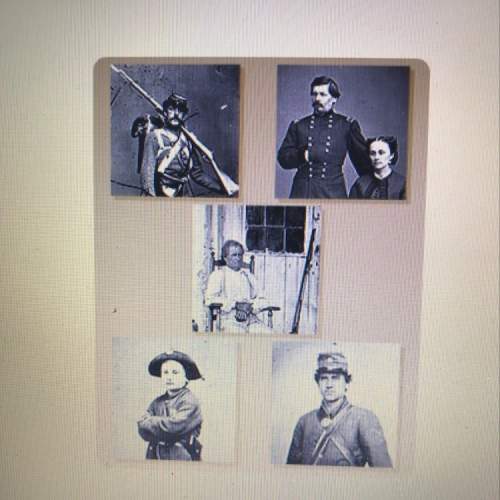
History, 04.06.2021 20:20, mannyrocks1532
Base your answer to this question on the passage below and on your knowledge of social studies.
"The U. S. support for Tibet in the 1950s," the Dalai Lama told me, "was not out of moral principle or sympathy but because of its worldwide anti-
Communist policies." American support was, as he wrote in his autobiography, "a reflection of their anti-Communist policies rather than genuine support for
the restoration of Tibetan independence."
Source: Thomas Laird, The Story of Tibet Conversations with the Dalai Lama, Grove, 2006
This passage most likely represents the perspective of leaders from
1
Tibet
2
Communist China
3
the United States
4
the United Nations

Answers: 2
Other questions on the subject: History

History, 22.06.2019 08:30, andrecoral105
Describe the difference between absolute and relative chronologies. if you were describing a series of events in your life, how could you describe them in two ways?
Answers: 2

History, 22.06.2019 13:00, shainaanderson24
Policy proposing equal trade opportunities to trade in china
Answers: 1

History, 22.06.2019 14:30, rissaroo159
During the american revolution, americans that supported the colonies quest for freedom from britain were known as loyalists. true or false
Answers: 1

History, 22.06.2019 14:50, abcdefg87
Two of these describe “federalism." (choose two answers) select one or more: a. the national government absolutely controls all state governments. b. power is shared by the national and state governments. c. state governments exercise absolute power over the national government. d. it is a compromise meant to eliminate the disadvantages of a “unitary” and a “confederate” system.
Answers: 1
Do you know the correct answer?
Base your answer to this question on the passage below and on your knowledge of social studies.
"Th...
Questions in other subjects:

Mathematics, 29.05.2020 13:58

History, 29.05.2020 13:58

Mathematics, 29.05.2020 13:58

Mathematics, 29.05.2020 13:58



Mathematics, 29.05.2020 13:58

Business, 29.05.2020 13:58

Mathematics, 29.05.2020 13:58

History, 29.05.2020 13:58







